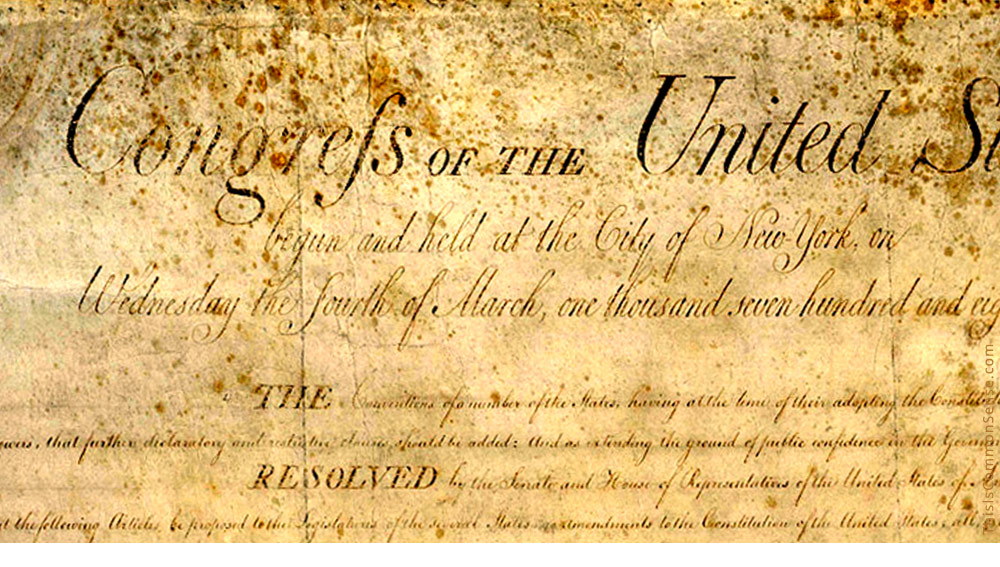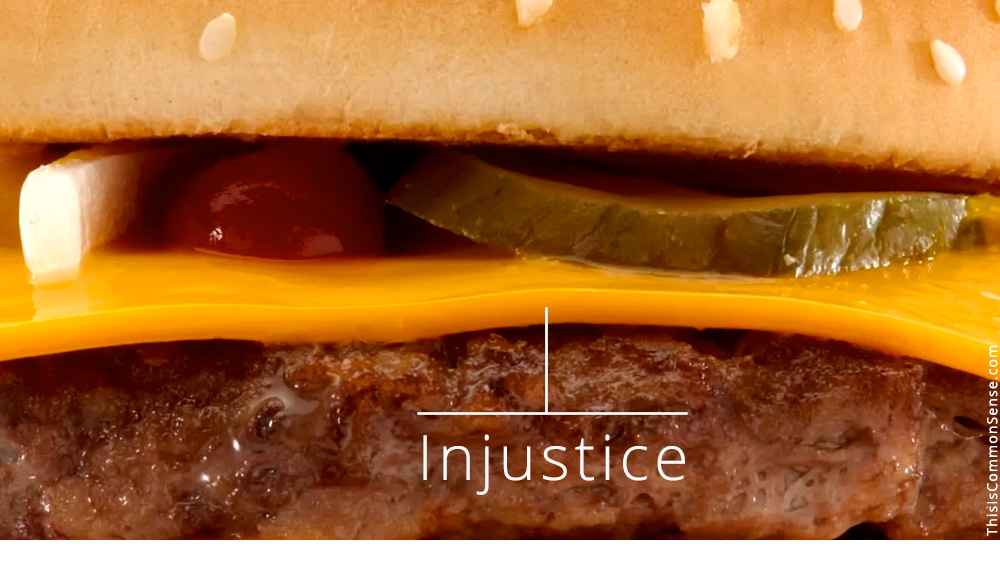Expect racism to come from the Right . . . we are told by the Left.
On Wednesday, I considered the sad case of New York Mayor Bill de Blasio, pushing racial resentment in a black church, asking for an “amen” after telling the parishioners that there was something very wrong with Asian students dominating that most meritocratic of institutions, Stuyvesant High.
Giving up on meritocracy is quite bracing, as is de Blasio’s lack of commitment to the culture of individual achievement.
His assumption? Black and Hispanic Americans just cannot compete on merit alone.
They don’t need to work harder, and we mustn’t expect them to. They needn’t change their values or encourage their children to be more academically ambitious. What’s the point in troubling to emulate successful cultures, like that of many Asians (many of them quite poor) who have been advancing so effectively? For de Blasio there’s no hope for blacks and Hispanics.
Except through him.
Note the two pillars of de Blasio’s vision:
- racial determinism, where individuals cannot hope to succeed outside the stereotyped behavior of their racial background, their skin color and physical features determining their performance,
- except when Government steps in to save them (this is statist messianism).
And yes, by “government” he really means “de Blasio” — or “progressivise politics.”
The first assumption has been called “the soft bigotry of low expectations.”
The second is idolatry of the State and overbearing pride in one’s own ideological tribe.
You individuals have no chance to succeed, the idea runs, but We, the Progressives, will save you. Vote for us!
How insufferable.
This is Common Sense. I’m Paul Jacob.











